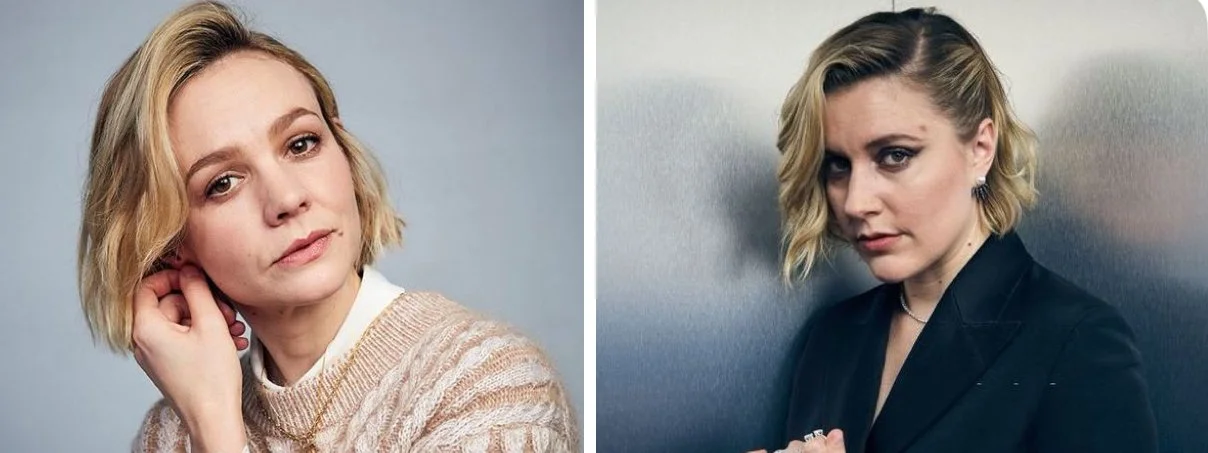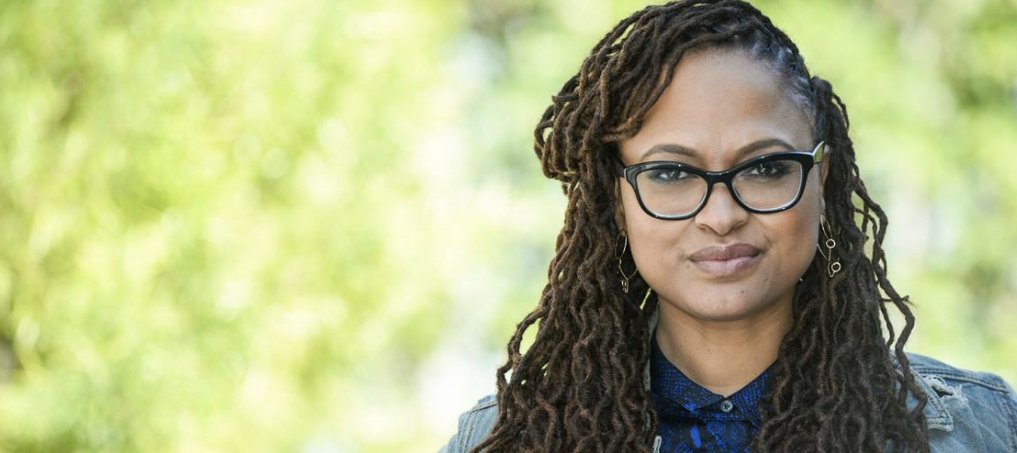After a bidding process that was described as “competitive,” Ava DuVernay’s “Origin” was acquired yesterday by Neon for worldwide distribution. The film screened for press this morning at Venice.
At the film’s press conference, DuVernay tackled how she’s making history at the Venice Film Festival, by becoming the first female Black U.S. director in the event’s 80 year history to have a film in the main competition.
DuVernay didn’t mince words, saying this milestone comes after plenty of Black U.S. filmmakers have been told not to apply to international film festivals:
“For Black filmmakers, we’re told that people who love films in other parts of the world don’t care about our stories and don’t care about our films. This is something that we are often told — you cannot play international film festivals, no one will come, people will not come to your press conference, people will not come to the P&I screenings, they will not be interested in selling tickets, you may not even get into this festival, so don’t apply. I can’t tell you how many times I’ve been told not to apply to Venice, you won’t get in. It won’t happen. And this year, it happened.”
There’s been a clear uptick in female filmmakers making it into competition these last few years, and winning prizes, at festivals.
As far as non-American black female filmmakers, the ones I can think of, off the top of my head, who have been in either Cannes or Venice competition are Mati Diop (Atlantics) and Alice Diop (Saint Omer) — both win prizes in their respective years.
There aren’t many high profile black female U.S. directors, the most notable ones these days seem to be DuVernay, Gina Prince-Bythewood, Dee Rees, Nia DaCosta, Amma Asante, Chinonye Chukwu and Kasi Lemmons. This scarcity is probably why it’s rare to see a black female director in Cannes/Venice competition.






